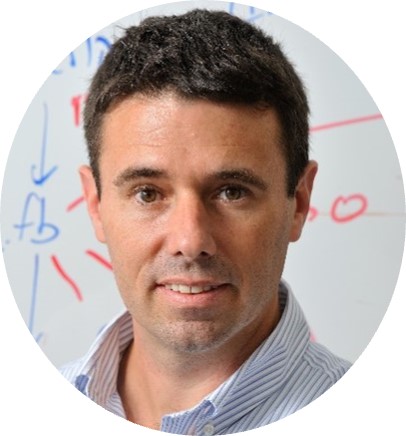
Israel Institute of Technology
|
Avi SchroederAvi Schroeder is a Professor of Chemical Engineering at the Technion–Israel Institute of Technology, where he heads the Laboratory for Targeted Drug Delivery and Personalized Medicine Technologies (https://www.schroederlab.com/ ). Dr. Schroeder conducted his Postdoctoral studies at the Massachusetts Institute of Technology (MIT), and his PhD jointly at the Hebrew and Ben Gurion Universities. Avi is the recipient of more than 40 national and international recognitions including being named a Fellow of the Royal Society of Chemistry, KAVLI Fellow, awarded the Intel Nanotechnology-, TEVA Pharmaceuticals-, and the Wolf Foundation Krill Awards. Avi is the author of more than 60 papers, the inventor of 19 patents, and co-founder of multiple startup companies based on these discoveries. Schroeder is a former member of the Israel Young National Academy of Sciences, is a current member of Israel’s National Council for Civilian Research and Development, and the President of the Controlled Release Society (CRS). |
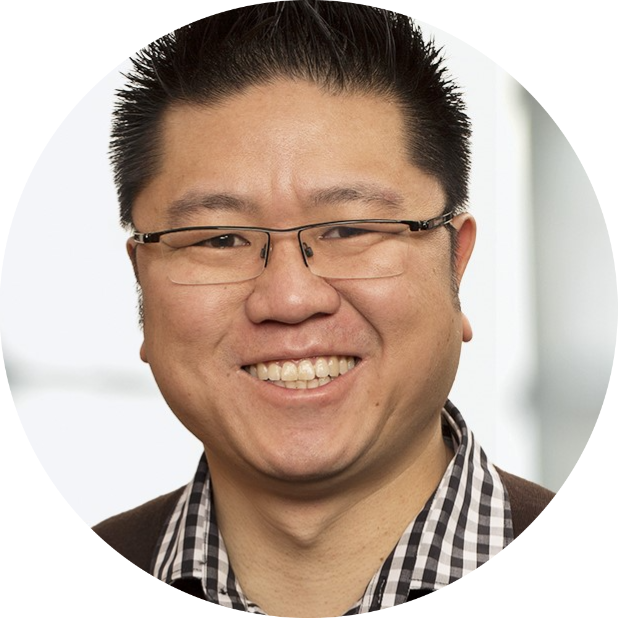
Singapore
|
Warren, Chan, Ph.D.Warren Chan, Ph.D., is the President’s Chair of Engineering and Dean of Engineering at the Nanyang Technological University (NTU) in Singapore. He is a Professor in the School of Chemistry, Chemical Engineering, and Biotechnology. He received his B.S. degree from the University of Illinois in 1996, Ph.D. from Indiana University in 2001, and post-doctoral training at the University of California (San Diego). His lab develops nanotechnology for diagnosing and treating cancer and infectious diseases. Some of his awards include the NSERC E. W. R. Memorial Steacie Fellowship, the Kabiller Young Investigator Award in Nanomedicine (Northwestern University), the Rank Prize Fund award in Optoelectronics (England), and the Dennis Gabor Award (Hungary). He is currently an Executive Editor of ACS Nano. |
|
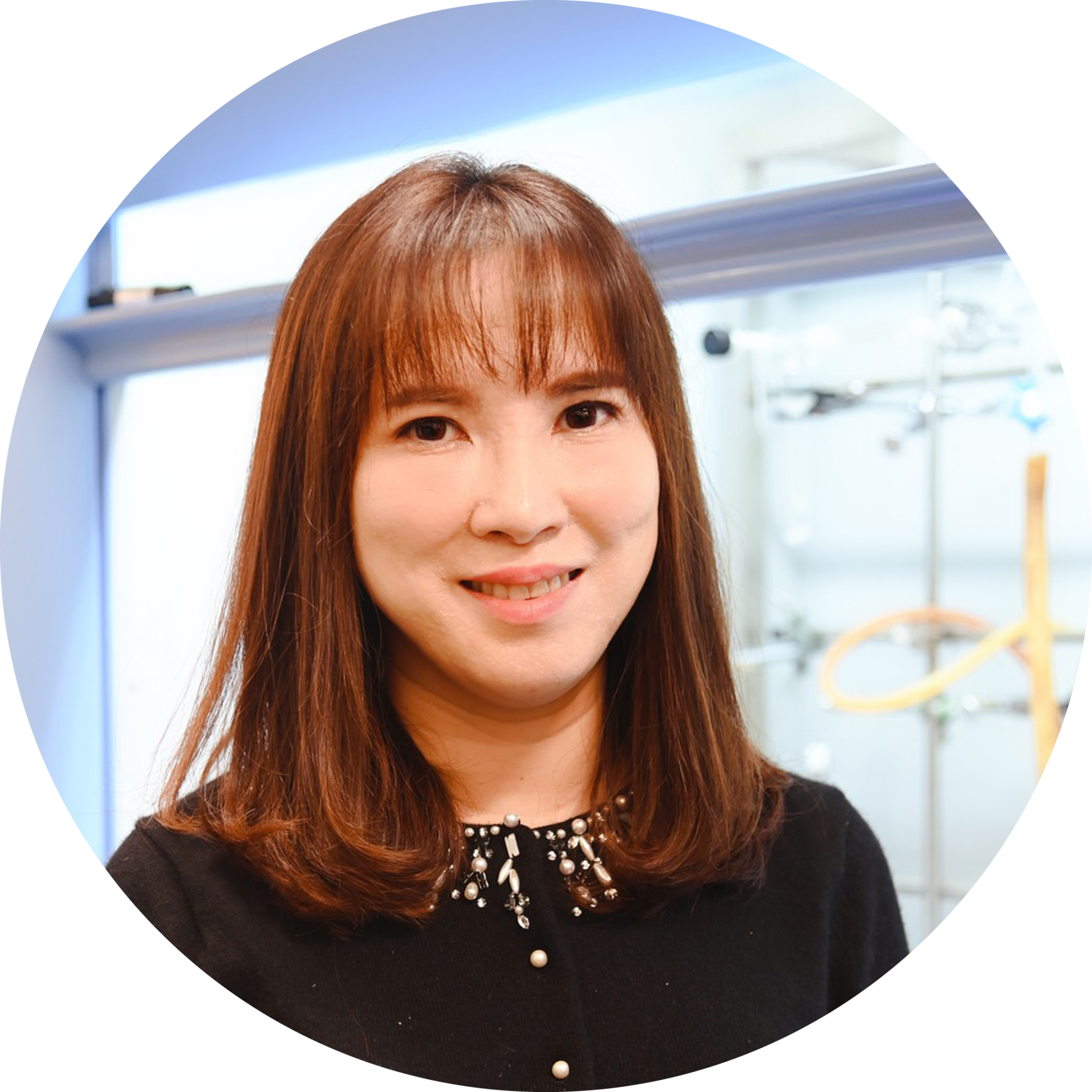
Taiwan |
Yunching (Becky) Chen, Ph.D.Yunching (Becky) Chen, Ph.D., earned her Ph.D. in Pharmaceutical Sciences from UNC Chapel Hill, completed postdoctoral training at Harvard Medical School, and rose from Assistant to Full Professor at National Tsing Hua University, where she now chairs the Institute of Biomedical Engineering. Her research focuses on developing innovative therapies for cancer and inflammatory diseases, including renal fibrosis and liver cirrhosis, and has been widely published in prestigious journals such as Nature Nanotechnology, Advanced Materials, ACS Nano, Gut, and JCR. Dr. Chen is also the chair of the International Chapter Committee of the Controlled Release Society and serves as Associate Editor of the Journal of Controlled Release.
|
|
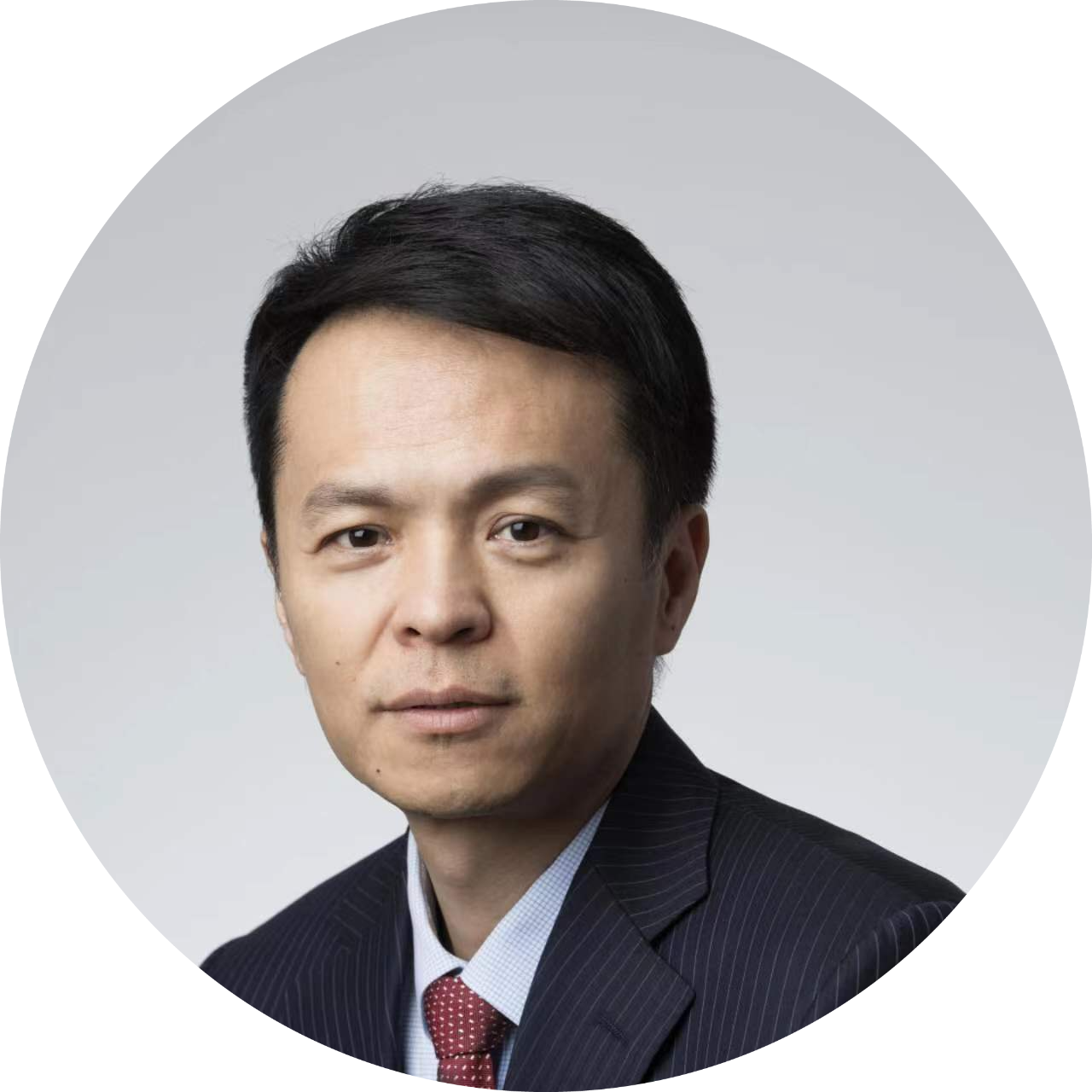
China |
Guangjun Nie, Ph.D.Guangjun Nie, Ph.D., is a full National Center for Nanoscience and Technology, Chia professor. He is serving as an Executive Editor of Nano Letters and a fellow of AIMBE and FRSC. He was a Senior Affiliate Member of Methodist Hospital Research Institute, US, an Honorary Professor of the University of Queensland, Australia, and a Newton Advanced Scholar, the Academy of Medical Sciences, UK. Dr. He was awarded the National Distinguished Youth Scientist award in 2013. He was a National Basic Research Programs Chief Scientist from 2012-2016 and 2018-2022. His team designed and generated various nanomedicines and nanovaccines for sensing, targeting, and regulating the key components in the tumor microenvironment. Dr. Nie has authored over 300 peer-reviewed papers, which have received a total citation of > 24,000 times (H-index = 80) based on Google Scholar, comprising papers published in Nature Biotechnology, Nature Nanotechnology, Nature Biomedical Engineering, Science Translational Medicine, and Cell Chemical Biology. He has filed over 50 patents on novel nanomedicines and tumor vaccines.
|

Singapore
|
Dr. Mark MuthiahDr. Muthiah is graduated from the National University of Singapore. He subsequently undertook specialist training in Internal Medicine, Gastroenterology, and Hepatology, graduating as the valedictorian of his cohort. He undertook further research training in Hepatology at Virginia Commonwealth University, USA. Dr. Muthiah is keenly interested in Hepatology and liver transplantation and is currently the Medical Director of the Liver Transplantation Programme in the National University Hospital (NUH), Singapore. His research interest is in the interplay of cardiometabolic diseases and the liver. He is also actively involved in medical education, serving as the co-director of the final year undergraduate medical school programme in NUH.Despite his active involvement in research and education, he runs a busy clinical practice, and holds fast to the belief that excellence in medical research and education can only be borne out passion for clinical medicine. |
|

Netherlands |
Roy van der Meel, Ph.D.Roy van der Meel, Ph.D., is a biomedical engineer specializing in nanomedicine and RNA therapeutics. After obtaining a PhD from Utrecht University under the guidance of Wim Hennink and Gert Storm, he moved to Pieter Cullis’ lab at the University of British Columbia. In 2019, he was recruited to Eindhoven University of Technology by Willem Mulder and appointed Assistant Professor in the Precision Medicine group. His current research focuses on establishing platform nanotechnology for delivering RNA therapeutics to specific immune cells and regulating the immune response. He has co-authored over 60 publications in journals including Nature Nanotechnology, Nature Biomedical Engineering, Journal of Controlled Release, and ACS Nano |
|
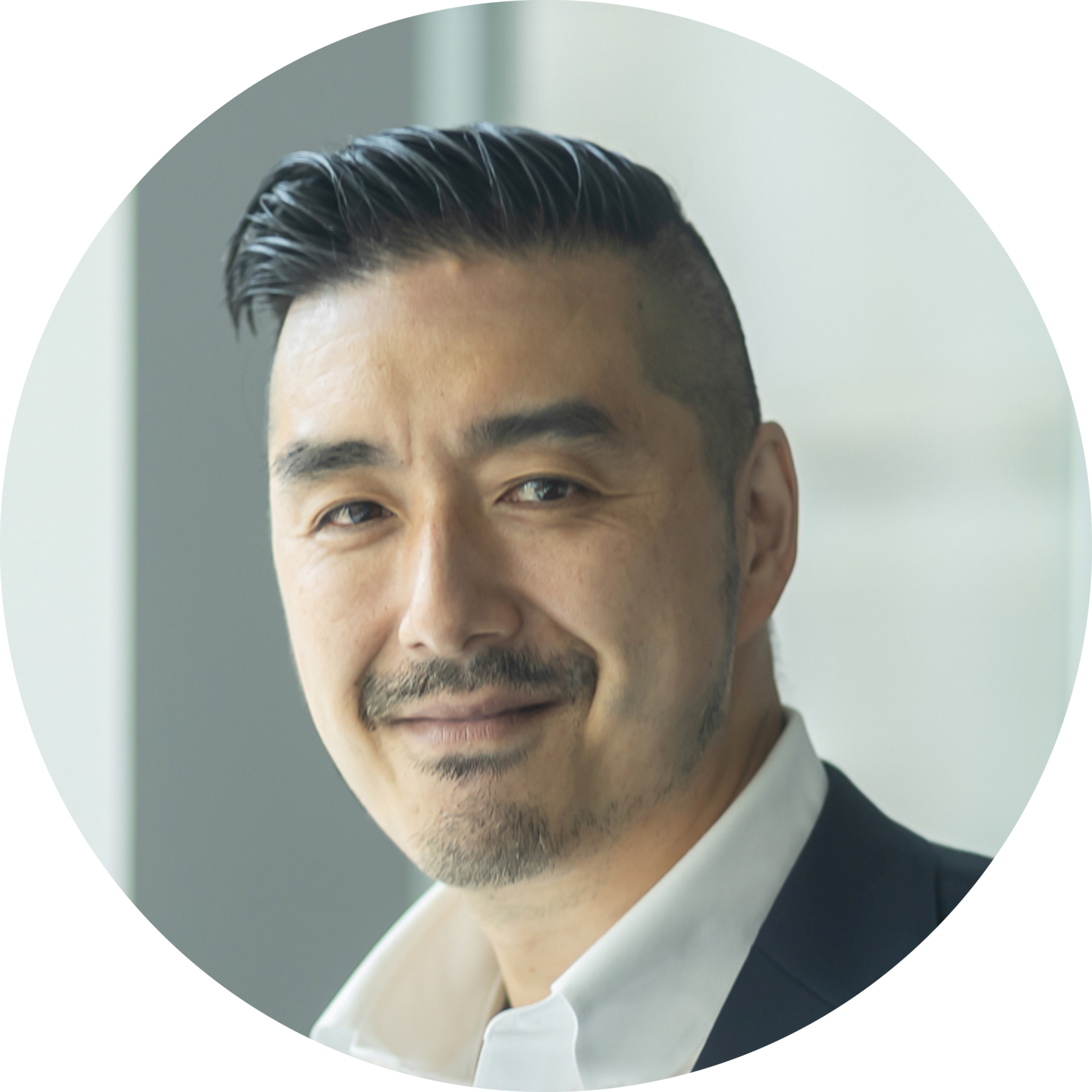
National University of Singapore Singapore
|
Dean Ho, Ph.D.Prof. Dean Ho,Ph.D., and collaborators manage a portfolio of over 10 prospective, interventional human clinical trials. His team successfully developed and validated CURATE.AI, a powerful artificial intelligence platform that personalizes human treatment for a broad spectrum of indications ranging from oncology to digital therapeutics and infectious diseases, among others. Professor Ho is an elected Fellow of the US National Academy of Inventors (NAI), the American Association for the Advancement of Science (AAAS), the American Institute for Medical and Biological Engineering (AIMBE), and the Royal Society of Chemistry. He was also named to the HIMSS Future50 Class of 2021 for his internationally recognized leadership in digital health. Prof. Ho is a Co-Chair of the World Health Organization (WHO) Working Group for the regulation of AI for Health. |
|
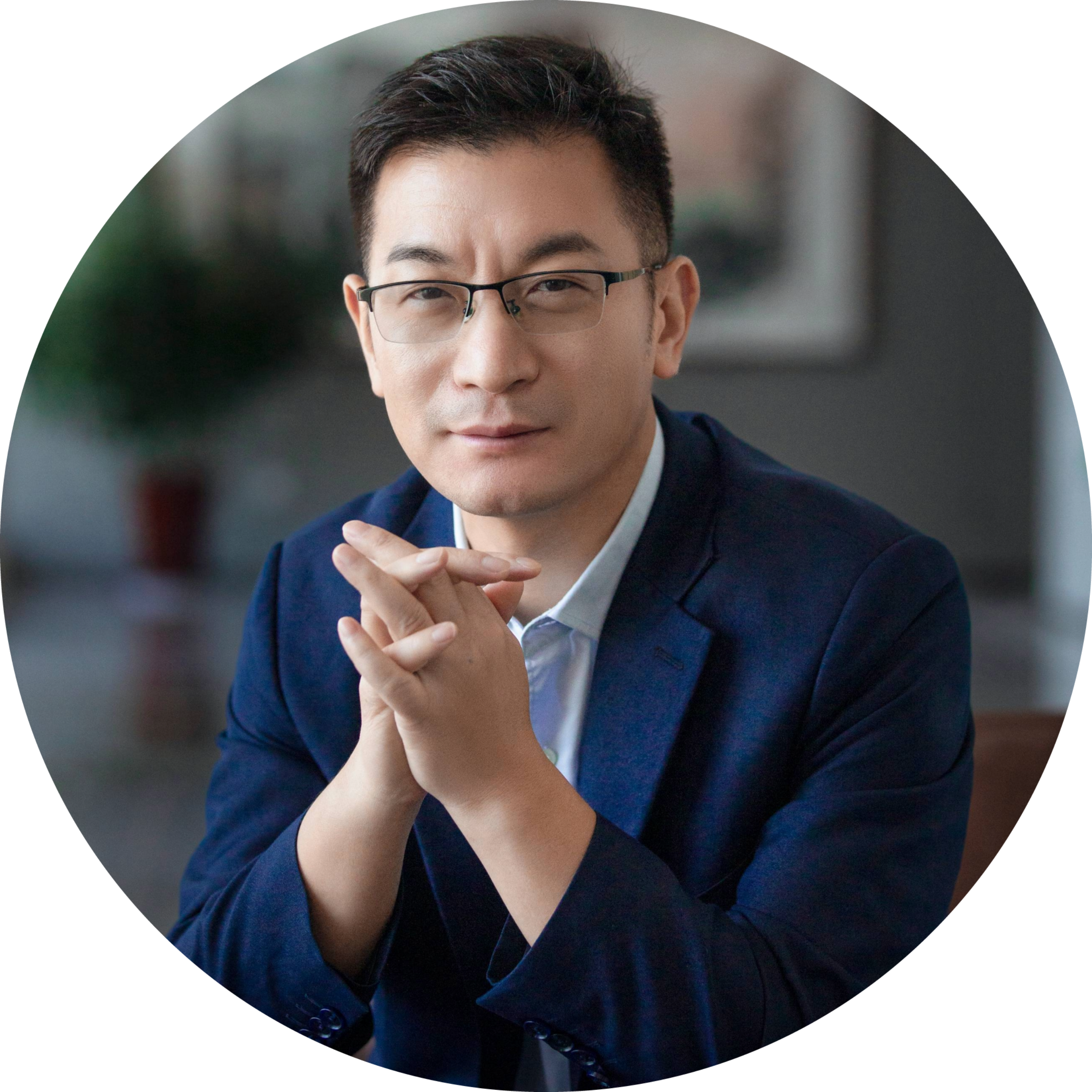
Singapore |
Xiaoyuan Chen, Ph.D.Prof. Xiaoyuan (Shawn) Chen, Ph.D., is Nasrat Muzayyin Chair Professor in Medicine and Technology, at the National University of Singapore. His current research focuses mainly on different forms of theranostics that can be clinically translatable. He has published over 1000 papers and numerous books (total citations >140,000, H index 200 based on Google Scholar). He is the founding editor of the journal Theranostics (IF 12.4). He was elected as AIMBE Fellow (2017), SNMMI Fellow (2020), Fellow of European Academy of Sciences (2024), Member of Academia Europaea (MAE, 2024), and Fellow of Singapore National Academy of Science (SNAS, 2024), received JBN Trailblazer Award (2023), SNMMI Michael J. Welch Award (2019), ACS Bioconjugate Chemistry Lecturer Award (2016), NIH Director’s Award (2014), and NIBIB Mentor Award (2012). He became a member of the Advanced Materials Hall of Fame (2023). He is also the Past President of the Chinese American Society of Nuclear Medicine and Molecular Imaging (CASNMMI), Past President of the Radiopharmaceutical Science Council (RPSC), Society of Nuclear Medicine and Molecular Imaging (SNMMI), and Past President of the Chinese American Society of Nanomedicine and Nanobiotechnology (CASNN).
|
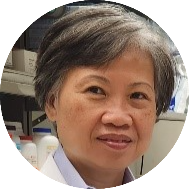
Paracrine Therapeutics Pte Ltd Singapore |
Sai Kiang Lim, Ph.D.After decades of highly productive work in academia, receiving accolades such as Clarivate Highly Cited Author for 2021, 2022, and 2023, as well as the ISEV 2023 Special Achievement Award, I joined the biotech startup Paracrine Therapeutics as Research Director to further advance MSC-sEV science and technology into clinical applications. |
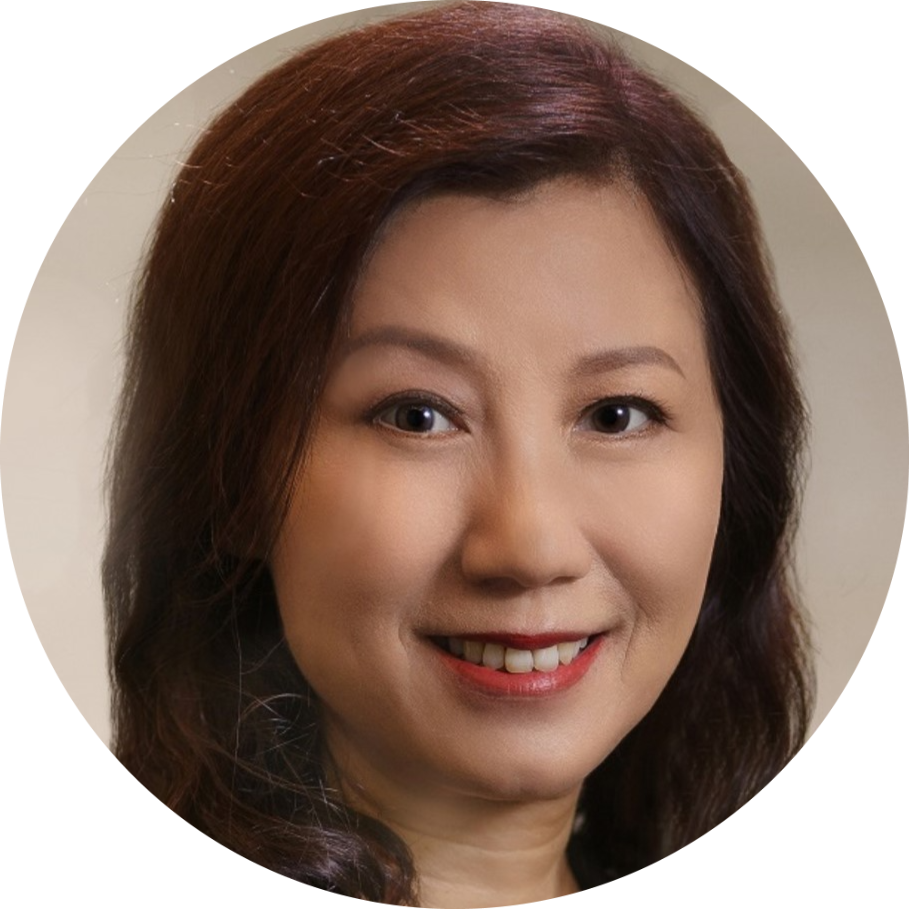
Bioprocessing Technology Institute, Agency for Science, Technology and Research Singapore |
Yi Yan Yang, Ph.D.Yi Yan Yang, Ph.D., is a Distinguished Principal Scientist at the Bioprocess Technology Institute, Agency for Science, Technology, and Research, Singapore. She has 300 publications in peer-reviewed journals including Nat. Mater., Nat. Nanotech., Nat. Chem., Nat. Commun. and Nat. Biomedical Eng., and >70 primary patents granted. She was a 2022 highly cited researcher recognized by Clarivate™. She was elected to Fellow, of the Academy of Engineering, Singapore in 2021, and Fellow, of the American Institute for Medical and Biological Engineering in 2016. Her antimicrobial research work was named Scientific American’s “Top 10 World Changing Ideas” in 2011. Her current research is focused on targeted delivery of RNA. |
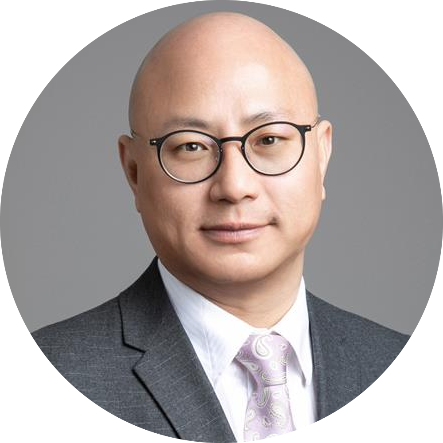
China |
Zhiyuan Zhong, Ph.D.Zhiyuan Zhong, Ph.D., is a Distinguished Professor, Dean of the College of Pharmaceutical Sciences and International College of Pharmaceutical Innovation of Soochow University, and Associate Editor of the Journal of Controlled Release. His research focuses on targeted delivery systems, nanomedicines, and cancer immunotherapy. He has co-authored 330 papers with over 26000 times of citation (H-Index 85). He is a Highly Cited Researcher as of 2018. Some of his work is currently under clinical investigation/translation. He received several awards including the Distinguished Young Scholar Award (NSFC), the Bessel Research Award (Humboldt Foundation), and the Biomacromolecules/Macromolecules Young Investigator Award (ACS). |
|
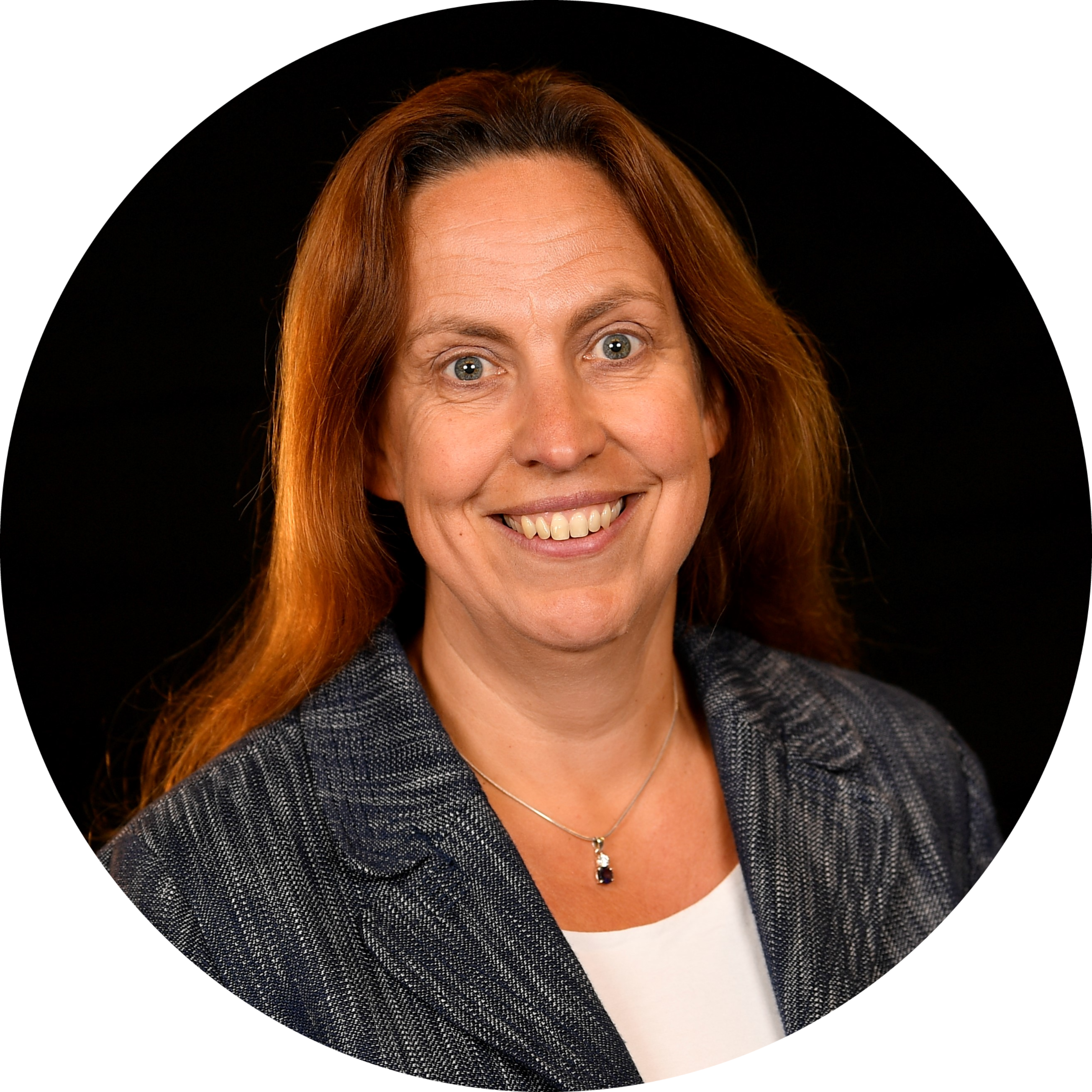
United Kingdom
|
Marianne Ashford, Ph.D.Marianne Ashford, Ph.D., is a Senior Principal Scientist in a global role in the Advanced Drug Delivery Department within Pharmaceutical Sciences, R & D at AstraZeneca. Marianne is responsible for applying drug delivery approaches to enable the progression of innovative medicines and is working to enable novel targets through targeting and intracellular delivery. She has been instrumental in introducing nanomedicines into the AZ. Marianne holds Honorary Professorships at the Universities of Nottingham and Manchester in the UK. She has been awarded the Distinguished Service Award and is a Fellow of the Controlled Release Society. She serves on the Editorial Boards of the Journal of Pharmaceutical Sciences & Journal of Controlled Release.
|
|
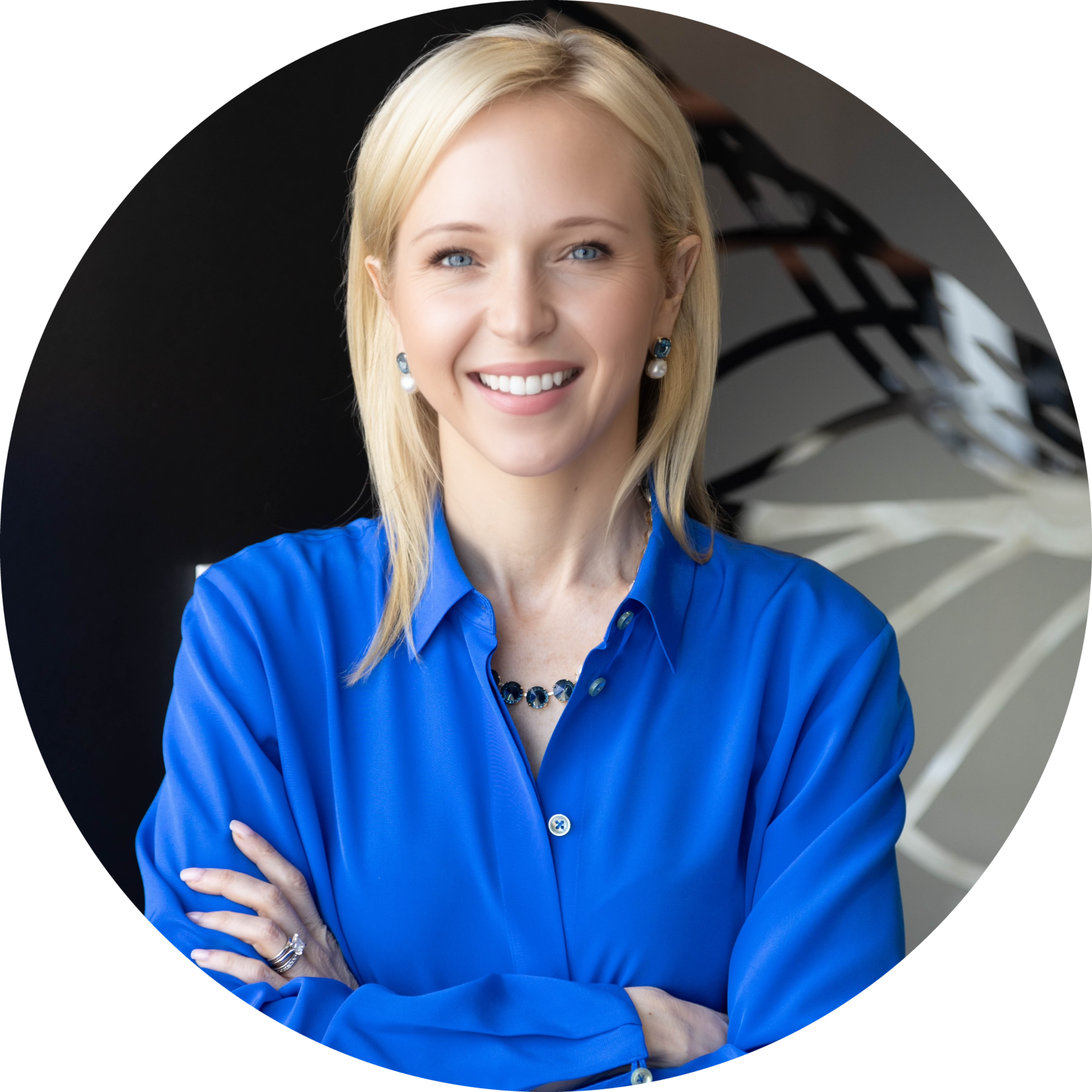
Canada
|
Christine Allen, Ph.D.Christine Allen, Ph.D., is a full professor at the University of Toronto (U of T), is a globally recognized leader with over 170 drug formulation and development publications. Her lab collaborates extensively with industry to advance drugs to clinical trials. A distinguished fellow of the American Institute for Medical and Biological Engineering and the Canadian Academy of Health Sciences, she co-founded and serves as CEO of Intrepid Labs Inc., integrating AI and automation in drug development. She has also held key roles, including President of the Controlled Release Society and Associate Vice President and Vice Provost of Strategic Initiatives at U of T.
|
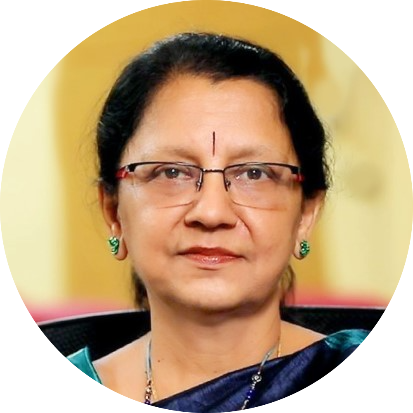
India
|
Padma V Devarajan,Ph.D.Prof. Padma Devarajan,Ph.D., is the Dean and former Head of, the Pharmacy Department, at the Institute of Chemical Technology, India. Her research on Targeted nanomedicine and Veterinary Healthcare focuses on affordable excellence with societal relevance. She has many publications, licensed patents, and products commercialized in India and Europe. She has edited two books on Targeted Drug Delivery and is an Editorial board member of International Journals. She has been a Member-at-large on the Board, Member-Board of Scientific Advisors, and Chair of the Global Mentor Protégé Programme of CRS Inc, USA. A recipient of many awards her most recent is the CRS Women in Science Award 2024. |
|
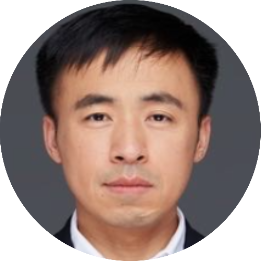
China
|
Dr. Bo YingDr. Bo Ying has over a decade of experience in nucleic acid-based therapeutics and drug development. He founded Abogen, a biotechnology company focused on curing untreatable diseases using mRNA technology. Under his leadership, Abogen developed a proprietary mRNA platform and delivery technology that led to the approval of China’s first mRNA COVID-19 vaccine. Before this, Dr. Ying held various roles in leading biopharmaceutical companies, specializing in drug formulation and manufacturing. He earned a bachelor’s from Fudan University and a Ph.D. from Northeastern University. He has authored numerous patents, published in top journals, and served as president of the Chinese-American BioMedical Association. |

Netherlands |
Raymond Schiffelers, Ph.D.Raymond Schiffelers, Ph.D., completed his Ph.D at Erasmus University on liposomal targeting of antimicrobial agents. He worked on RNA delivery and liposomal targeting at Utrecht University and Intradigm Co (Washington DC). Returning to Utrecht, he became a professor of nanomedicine, focusing on RNA delivery systems. He coordinates major EU-funded projects and national grants. He is an editor for several journals, founder of Excytex, and VP Preclinical R&D at Nanocell Therapeutics. Since 2021, he has served as president of the European Technology Platform Nanomedicine. |
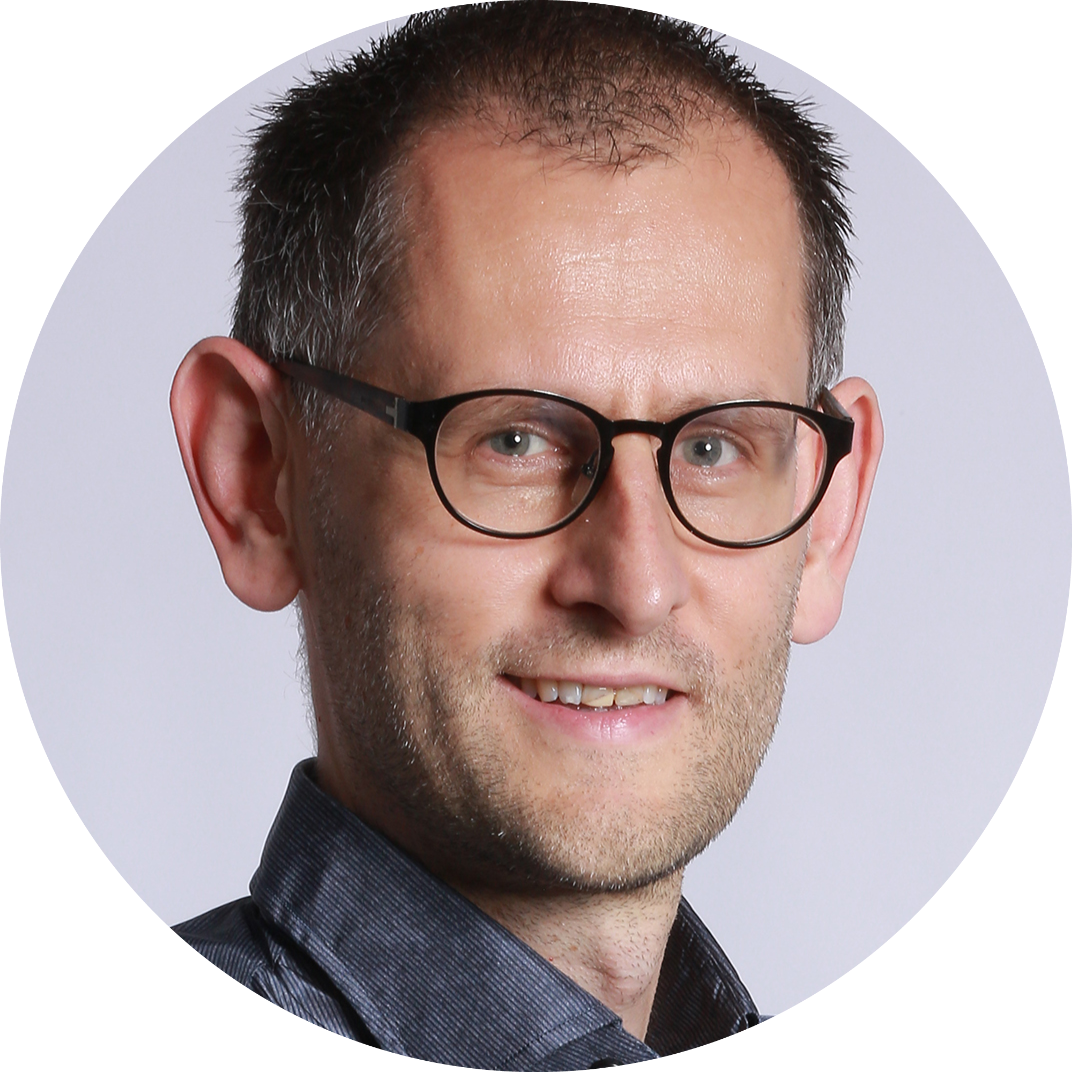
Jiaxing University, College of Medicine China
|
Michal Heger, Ph.D.Michal Heger, Ph.D., performed his undergrad studies in the USA, graduate studies, and PhD in the Netherlands, and serves as professor of nanomedicine at Jiaxing University’s College of Medicine and director of the Jiaxing Key Laboratory for Photonanomedicine and Experimental Therapeutics in China. His group’s research focuses on developing treatment modalities for cholangiocarcinoma. He has (co-)authored over 180 publications, co-founded and chief-edited the Journal of Clinical and Translational Research, and has been ranked a top 2% most influential scientist by Stanford University since 2021. As an entrepreneur, Michal has established several pharma- and pharmaceutical technology-based companies in the USA, Europe, and China. |


